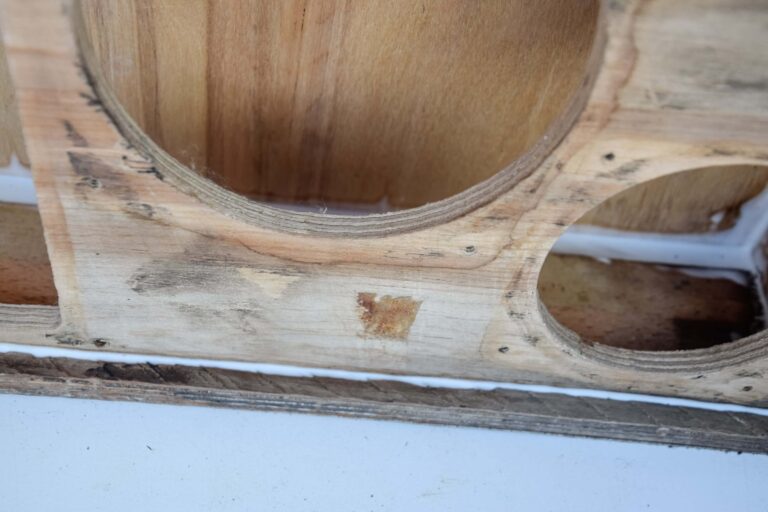Adhesives might not grab headlines, but they’re the unsung heroes of manufacturing. Among them, polyvinyl alcohol adhesive stands out—versatile, eco-friendly, and reliable. From woodworking to packaging, it transforms processes with ease. But what exactly makes this adhesive a game-changer for industries? Stick around (pun intended) and ask yourself: Could this be the adhesive your business needs?
What is Polyvinyl Alcohol Adhesive?
Polyvinyl alcohol adhesive, often called PVA adhesive, is a versatile, water-soluble glue widely used in various industries. Made from synthetic polymer polyvinyl alcohol, it’s known for its strong bonding capabilities and eco-friendly nature. Unlike some adhesives that rely on harsh chemicals, polyvinyl alcohol adhesive is biodegradable, making it a top choice for manufacturers focusing on sustainable practices.
This adhesive is popular for its flexibility, excellent adhesive properties, and compatibility with different materials like wood, paper, and textiles. Its high tensile strength ensures reliable performance in demanding applications, while its moisture-resistant qualities make it suitable for products exposed to humid environments.
Polyvinyl alcohol adhesive is also a go-to for construction projects, packaging materials, paper coatings, and even woodworking. It’s easy to use, transparent when dry, and non-toxic, adding to its appeal for various manufacturing needs. Whether you’re crafting paperboard packaging or applying industrial adhesives, PVA adhesive delivers consistent results without breaking the bank—or the environment.
The Benefits of Polyvinyl Alcohol Adhesive for Manufacturing
Polyvinyl alcohol adhesive offers a range of benefits that make it a favorite in manufacturing. Here’s why it stands out:
1. Strong Adhesion and Versatility
PVA adhesive forms durable bonds with a variety of materials, including wood, textiles, and paper. Its flexibility and strong adhesion make it suitable for diverse applications, from woodworking to packaging materials.
2. Eco-Friendly and Sustainable
Manufacturers aiming to reduce their environmental impact appreciate its biodegradable and water-soluble properties. PVA adhesive is a great choice for sustainable production lines.
3. Moisture Resistance and Durability
This adhesive holds up well in humid conditions, making it ideal for products like paper coatings, packaging, and construction projects that need extra moisture resistance.
4. Easy to Use and Cost-Effective
Its simple application process saves time during manufacturing. Plus, it delivers consistent results without straining budgets.
5. Safe and Non-Toxic
PVA adhesive is non-toxic and emits low levels of volatile organic compounds (VOCs), making it safer for workers and end-users alike.
In manufacturing, PVA adhesive delivers reliability, sustainability, and affordability—all in one.
Applications in Manufacturing
Polyvinyl alcohol adhesive (PVA adhesive) is a go-to solution for many manufacturing industries due to its versatility and reliable performance. Its wide range of applications makes it indispensable in both small-scale projects and large industrial setups.
Woodworking and Construction

PVA adhesive is highly valued for its strong bonding properties in woodworking. It creates durable bonds for furniture, flooring, and cabinetry. In construction, it’s used for applications that require moisture resistance and flexible adhesion, ensuring structural integrity.
Packaging and Paper Products
In the packaging industry, PVA adhesive is commonly used for paperboard and other packaging materials, thanks to its transparency and ease of application. It’s also a popular choice for paper coatings and laminations due to its water-soluble and eco-friendly nature.
Textile Industry
Manufacturers in the textile industry benefit from PVA adhesive’s ability to bond fibers effectively. It enhances the production of fabrics and related products.
From industrial adhesives to consumer goods, PVA adhesive proves its worth across countless manufacturing processes, offering efficiency and adaptability to meet various demands.
Challenges and Considerations
While PVA adhesive offers many advantages, it’s not without its challenges. Manufacturers should weigh these factors to ensure it’s the right choice for their applications.
Limited Heat Resistance
PVA adhesive isn’t ideal for high-temperature environments. Exposure to heat can weaken its bonds, making it unsuitable for products or processes that face extreme heat or require long-lasting durability under such conditions.
Moisture Sensitivity
Although some PVA adhesives are moisture-resistant, others can lose effectiveness in prolonged water exposure. This limitation can impact applications requiring waterproof seals or outdoor use.
Surface Compatibility
While versatile, PVA adhesive may not work as effectively on non-porous materials like metal or plastic without proper surface preparation. Testing is key before large-scale use.
Storage and Handling
PVA adhesive typically has a specific shelf life and requires proper storage conditions to maintain its adhesive properties. Manufacturers should follow the safety data sheet (SDS) guidelines to avoid spoilage.
Understanding these challenges helps manufacturers maximize PVA adhesive’s potential while addressing its limitations, ensuring optimal performance in their operations.
Conclusion
Polyvinyl alcohol adhesive offers manufacturing industries a blend of strength, sustainability, and adaptability. Its potential to streamline processes and reduce environmental impact makes it a standout choice. Ready to elevate your manufacturing game? Explore how this adhesive can transform your operations—because innovation starts with making the right connections. Try it today!


